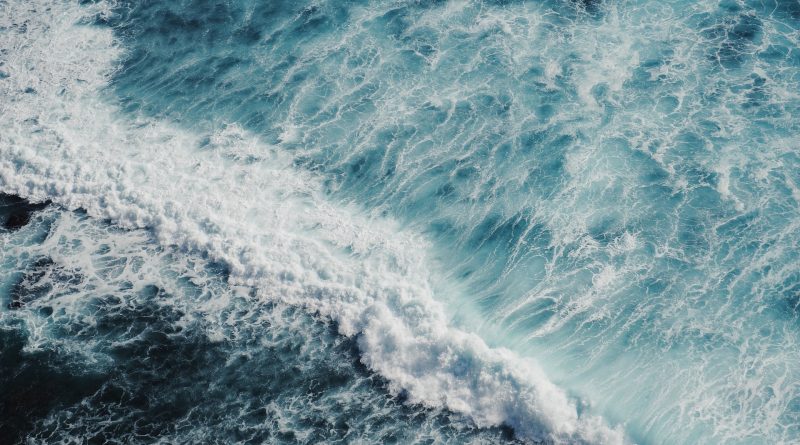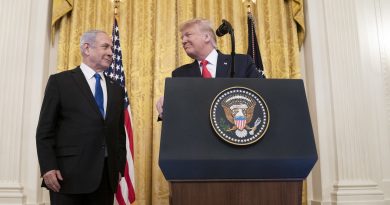Lusophone Sea on a high tide?
The sea has always had an important impact on international relations.
In the last few years, the interest in researching sea-related topics has still been growing, with initiatives such as the United Nations’ oceans decade clearly spearheading an effort that combines sustainable development and the global ocean. Academia itself has been actively researching the importance of the sea on various fields, not only in international relations, but also concerning cultural or economic activities, the effort in defence policies, and ecological terms. These five categories provide not only a good summary on the importance of the sea in current politics, but also as a research field in International Studies.
Lusophone countries advocate for a special relationship with the sea and have been promoting national and international initiatives – and that is worth researching on its own. The working paper that accompanies this blog post explores the discourse of public political speeches of the current governments from Brazil, Cape Verde, and Portugal. While certainly not the only Lusophone countries with an interest in the sea, the cases were chosen for two reasons. The first encompasses them as representative of three continents – Africa, Europe, and South America -, presenting a triangle of international policy. The second reason is a consequence of the chosen methodology.
The analysis was focused on public speeches of these countries’ governments available on the internet, and the selected cases are the ones that show the greatest level of online activity. This is not to say that the cases are equivalent in their availability: Over half of the 31 speeches analysed belong to Portugal. However, any other case would only further distort the comparison, and therefore the already limited conclusions. The question of availability is also the reason to limit the analysed discourses to public speeches, as well as the emphasis on current governments: other forms of documents are even more unreliable to find and analyse, and former governments’ speeches tend to be deleted as soon as there is a new one. All these limitations must be understood to better assess what this analysis can, and cannot, answer. Nevertheless, public speeches reflect what the government wishes to transmit most directly, be it to a national or international audience.
Using the five categories mentioned before (defence, international relations, economy, culture, ecology, and research), the paper proceeds to analyse the speeches following a narrative discourse analysis. This means that each analysed speech is marked by its author, be it the President of the country or a minister, the context of that speech as well as its purpose, in addition to exposing the references to each of the categories. For a more complete analysis, including the context of the three cases, the working paper is available, but for an overview, see the summary table. For context, the selection criteria were the mentioning of “sea” or ocean in the speech, totalling seven speeches for Brazil, six for Cape Verde, and eighteen for Portugal:

Table: Summary of the analysed categories by country
The major conclusions are the following: When it comes to actors, they generally stick to their fields. The Portuguese Minister of Foreign Affairs promotes greater cooperation of international relations, the Cape Verdean Minister of Maritime Economy speaks of sustainable development, and the Brazilian Defence Minister acknowledges the sea as metaphor for strength. Overall, however, the countries differ in their discourse: In Brazil, the current government does not give it much importance. In fact, the Brazilian Minister of Foreign Affairs even uses it to reject international cooperation. Cape Verde has a coherent discourse focussed on sustainable development. With the 2019 Mindelo Declaration of the Community of Portuguese Speaking Countries (CPLP), which promotes cooperation of the organization regarding the oceans, signed in Cape Verde, there is no wonder the geographic reality of Cape Verde reflects itself in discourse. Finally, Portugal has an intensive focus on the cultural importance of the sea, especially through its President of the Republic. While also interested in its economic potential and need for ecologic protection, the most striking examples reflect the sea as the symbol of Portuguese history and alleged greatness.
To summarise, while this working paper is only a mirror that highlights current interest on the sea in the three cases, it nevertheless confirms its importance and also shows some differences in current approaches.
The sea might be relevant, but not everyone is riding the same wave.
The opinions expressed in this blog are solely the authors’ point of view and do not bind the Center for International Studies, its Director or any other researcher.
Photo by Andrzej Kryszpiniuk on Unsplash
![]() This work is licensed under a Creative Commons Attribution-NonCommercial-ShareAlike 4.0 International License.
This work is licensed under a Creative Commons Attribution-NonCommercial-ShareAlike 4.0 International License.




